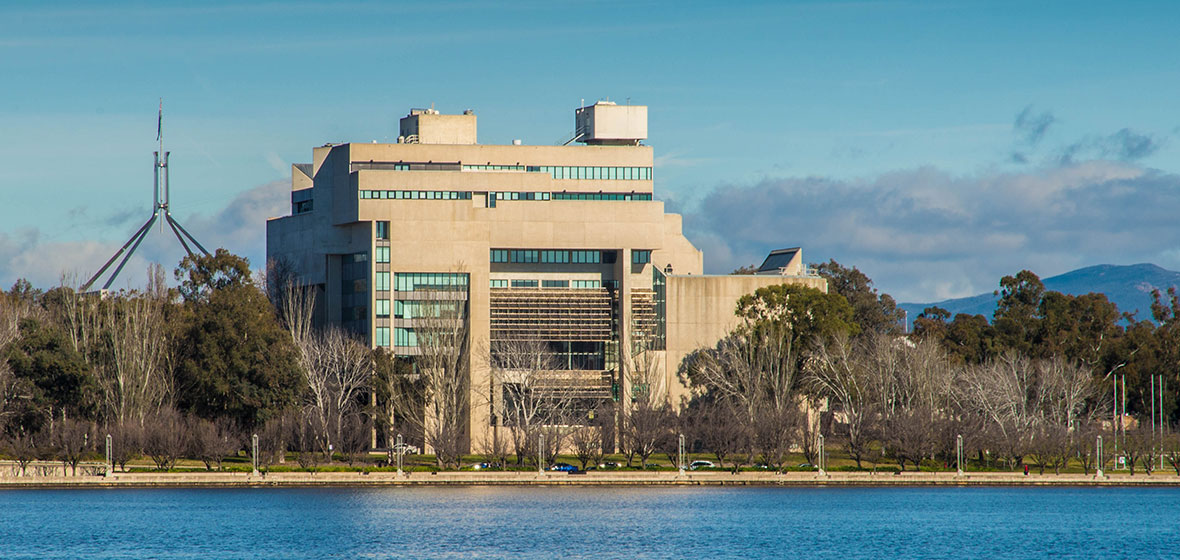Snapshot
- In YBFZ v Minister for Immigration, Citizenship and Multicultural Affairs, the High Court held that powers to impose curfew and electronic monitoring conditions on bridging visas were an invalid extra-judicial punishment.
- YBFZ applies an ambulatory constitutional concept of punishment that has been most clearly articulated in the authorities since 2021.
- A key issue in the application of this concept to preventive control regimes — the threshold of seriousness of the crime that gives rise to a legitimate preventive purpose — awaits resolution in future litigation.
A recent case, YBFZ v Minister for Immigration, Citizenship and Multicultural Affairs [2024] HCA 40 (‘YBFZ’), adds to the growing number of High Court decisions on the constitutionality of coercive preventive control regimes. Such regimes authorise State-imposed restrictions on individuals to prevent future anti-social behaviour by the restricted individual. It confirms the limits on State power to punish, effected by Chapter III of the Constitution, have a broad application, through an ambulatory constitutional concept of punishment.
The Commonwealth executive control powers challenged in YBFZ
The Migration Act 1958 (Cth) has long provided for a class of bridging visa pending removal (‘BVR’) to be granted by the Minister to non-citizens who would otherwise be in immigration detention to facilitate their removal from Australia. In late 2023, amendments were introduced to the BVR regime in response to the constitutional ruling in NZYQ v Minister for Immigration, Citizenship and Multicultural Affairs [2023] HCA 37 (‘NZYQ’). NZYQ held that Commonwealth power does not extend to indefinite detention pending removal that may never occur; that is, where there is no real prospect of removal becoming practicable in the reasonably foreseeable future.
The 2023 amendments to the BVR regime sought (quite reasonably) to ensure the ability of the Minister to grant a BVR without application to any non-citizen whose release is required by NZYQ. More controversially, the amendments also introduced further measures the government considered appropriate to meet community expectations for the effective management of NZYQ-affected individuals in the community. These were: a suite of new and more extensive conditions on BVRs (see conditions 8612 – 8624 of the Migration Regulations 1994 (Cth)); and new criminal offence provisions relating to non-compliance with BVR conditions by NZYQ-affected individuals (see sections 76B-76D of the Migration Act).




